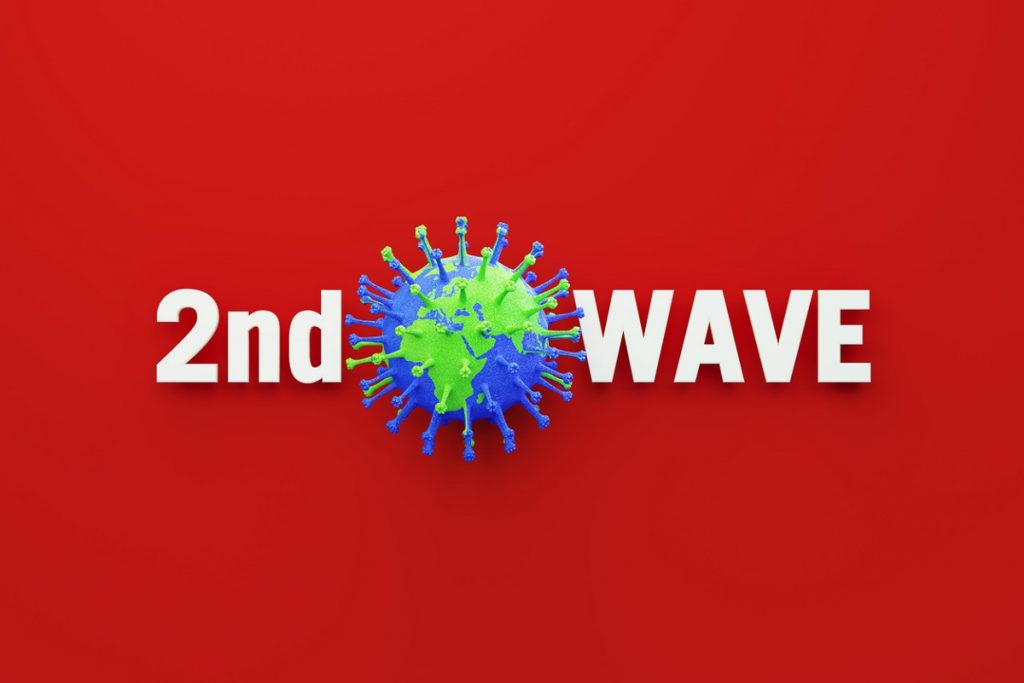Virendra Pandit
New Delhi: The surging second wave of Covid-19 in India, which suddenly spiked the numbers of infections and deaths, is worrying more than 60 poorer countries in Africa and other continents which find it difficult to get free or affordable vaccines from New Delhi which has curtailed exports to meet the domestic demand.
For the coronavirus vaccines, these countries were heavily dependent on India, Asia’s pharmaceutical hub, which supplied their 60 percent needs. Between January and March 2021, India had exported nearly 65 million doses of vaccines to over 60 countries.
In April, however, it could ship only about 1.2 million doses as the domestic demand soared, media reports quoting official sources said on Friday. Due to the second wave, India suddenly found itself short of vaccine shots and has turned from an exporter to an importer as indigenously produced jabs are inadequate in quantity.
On Thursday, India reported more than 200,000 infections over the past 24 hours, a seventh daily record in the last eight days, while 1,038 deaths took their toll to 173,123. Its tally of 14.1 million infections is second only to the United States, media reported.
Having originally aimed to cover 300 million of its highest-risk people by August, or just over a fifth of its 1.35 billion population, the government has now expanded that by another 100 million, with the promise to widen it further. All this has abruptly changed the government’s plans.
The sudden spike in numbers forced India to change the rules for fast-tracking vaccine imports, unlike in the past when New Delhi was reluctant to buy jabs from American multinational drugmaker Pfizer and others.
By permitting Russia’s Sputnik V vaccine for emergency use in India starting April, the country expects to vaccinate nearly 125 million people, reports said.
India’s role reversal from an exporter to an importer of vaccines has hampered vaccination campaigns in more than 60 poorer countries, mainly in Africa, for the next several months.
The COVAX program, backed by the World Health Organization (WHO) and the Gavi vaccine alliance, aimed at equitable vaccine access around the world. These campaigns relied heavily on exports from India.
Official sources said that, in the changed circumstances when India itself is passing through an ‘emergency situation, the domestic demand will dictate the level of exports. “There is no commitment to other countries.”
John Nkengasong, Director of the Africa Centers for Disease Control and Prevention, said recently that delays in supplies from India could be “catastrophic”.
Not only a surge in domestic demand due to the pandemic’s second wave, but India also finds it difficult to export more jabs due to a lack of investment in increasing production capacities, and shortage of raw material like APIs due to a virtual ban by some countries at the behest of local vaccine-makers who were apprehensive of competition from New Delhi.
The Pune-based Serum Institute of India (SII), the world’s biggest vaccine manufacturer, planned to deliver at least 2 billion Covid-19 shots to low and middle-income countries, half of that by end-2021 but has now come under pressure to meet the needs of Britain, Canada, and Saudi Arabia, amid AstraZeneca’s global production problems. SII was manufacturing this British pharmaceutical major’s vaccine Covishield, developed jointly with the University of Oxford, under a license.
SII’s efforts to ramp up monthly output from 70 million jabs now to 100 million has also been delayed for months due to the US curtailing the supply of key equipment and raw materials for its own vaccine makers.
Another hurdle SII face is the ad-hoc purchases India is making, instead of agreeing to a longer-term supply schedule. Besides, the company is also awaiting a response from New Delhi to its USD 400 million proposals for capacity enhancement.
As for the exports, COVAX could not allow SII’s shipments to participating countries until after WHO’s clearance to vaccines in mid-February. Due to this delay, SII could not manufacture millions of additional doses between October 2020 and February 2021.
COVAX had inked a deal to buy more than 1 billion vaccine doses from the SII but received less than a fifth of the 100 million it had expected by May.
Gavi had hoped SII would fully resume vaccine deliveries to COVAX in May, but on Wednesday it said India’s Covid-19 crisis could affect that.

